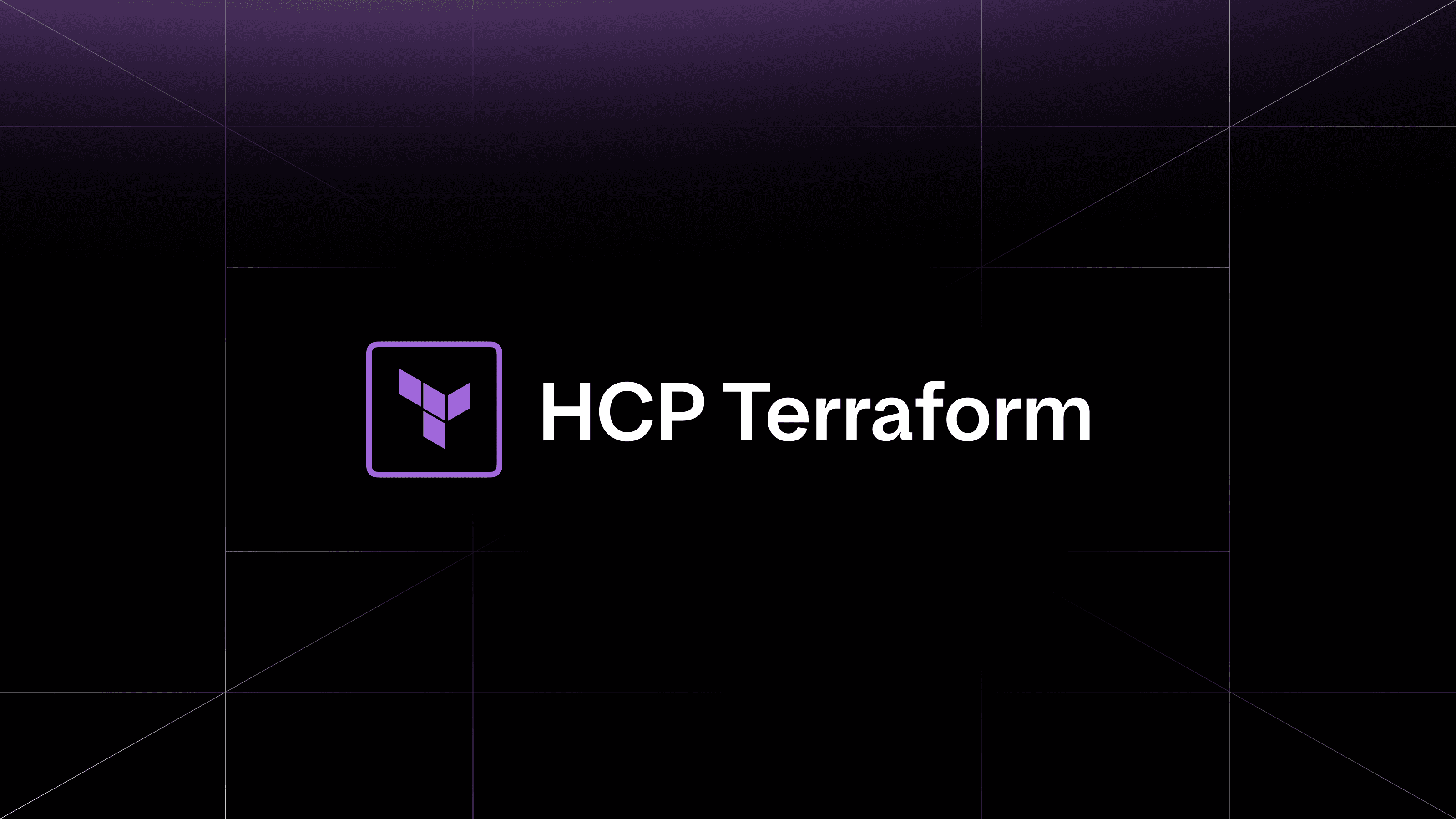Earlier this year, we announced general availability of no-code provisioning for HashiCorp Terraform Cloud Plus customers. This new deployment method gives organizations a self-service workflow in Terraform Cloud for application developers and others who need infrastructure but may not know Terraform or HashiCorp Configuration Language (HCL). No-code provisioning empowers cloud platform teams to set up their modules for push-button self-service, allowing stakeholders with infrastructure needs to provision those modules without having to manage Terraform configuration repos or write code.
No-code provisioning provides a simpler, standardized way to provision with Terraform, bringing even more reusability and increasing provisioning velocity. However, the previous no-code provisioning release restricted users to the module version with which they originally provisioned their infrastructure — they could only change variable inputs. This limitation kept users from accessing changes delivered to subsequent versions of the module unless they destroyed the workspace and deployed a fresh one.
»Introducing module version upgrades
Module version upgrades for no-code workspaces addresses this issue by significantly reducing the friction when updating the no-code modules in a Terraform Cloud workspace. Once an administrator or module owner updates the designated no-code ready version, a notification will appear in downstream workspaces that use the module, giving practitioners a seamless experience in receiving and applying upgrades to their workspaces. The simple module version upgrade process works like this:
- Users see a notification in their workspace alerting them to the newly available version. From there they can initiate a plan, noting any changes that will take effect with the new module version.
- If the plan looks good, the user can apply it. If not, any problems can be communicated back to the module author before it impacts the running infrastructure.
- Terraform Cloud updates the module version used in the workspace, and applies any necessary changes to the resources based on the plan.
»Summary and resources
Self-service workflows like no-code provisioning are becoming essential to scaling infrastructure operations. Module version upgrades keep developers’ no-code workspaces up-to-date without them having to know Terraform or ask their platform team to update their infrastructure.
To learn more about module version upgrades for no-code provisioning, please refer to module upgrades in the no-code provisioning documentation. You can get hands-on with the new feature in the updated no-code provisioning tutorial.
Get started for free on Terraform Cloud to provision and manage all of your infrastructure.









